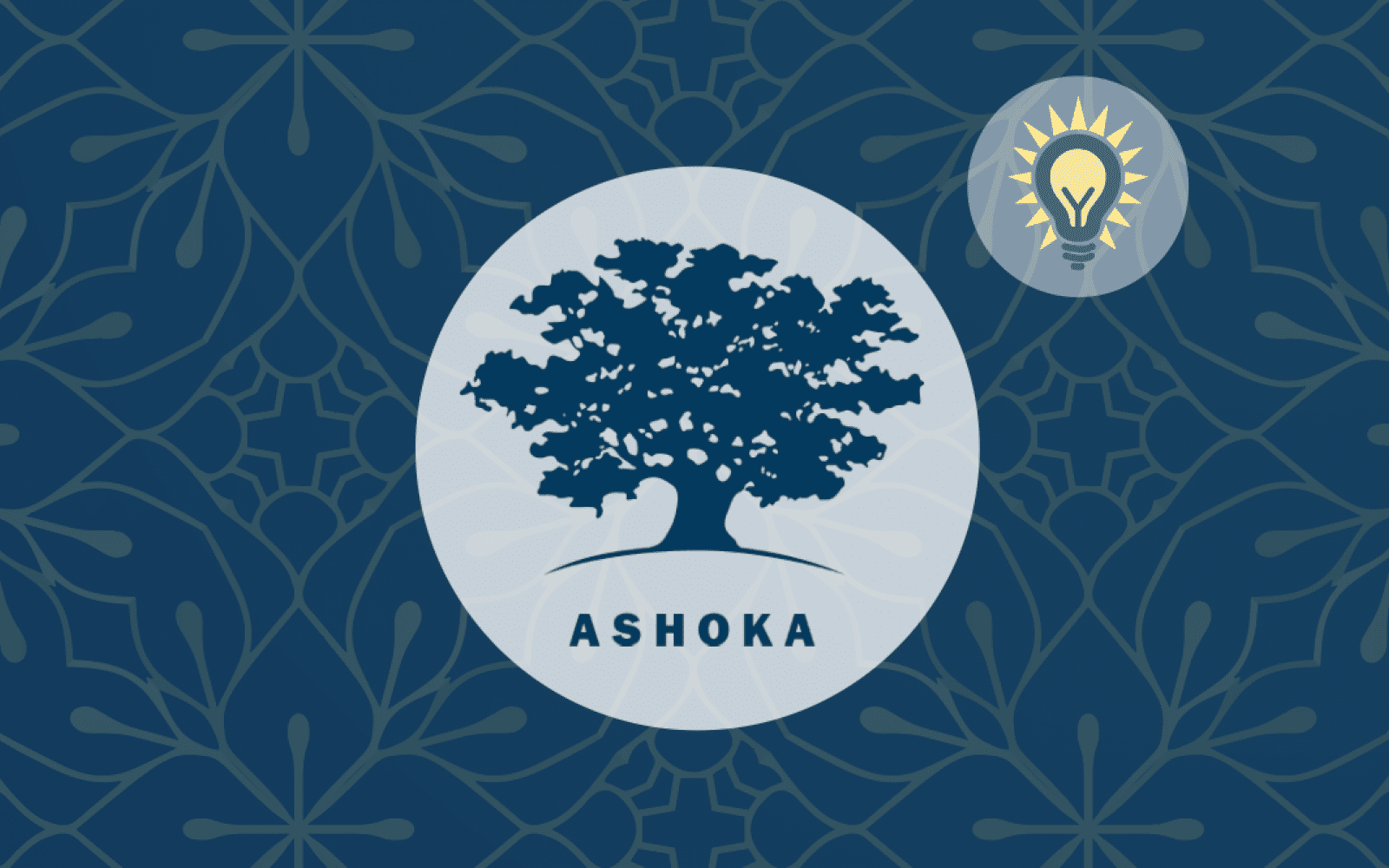
Identifying and Addressing Cultural, Geopolitical, Structural, and Educational Barriers to Social Innovation
A year after collaborating to publish "Global Trends in Social Entrepreneurship: Developments in a COVID-19 World," Social Innovations Journal has partnered once more with Ashoka to release a new collection of articles "Identifying and Addressing Cultural, Geopolitical, Structural, and Educational Barriers to Social Innovation." Much of current social innovation and changemaking practice occurs within and reflects asymmetries of power, privilege, and knowledge paradigms along cultural, social, and geopolitical lines. This issue explores cultural and geopolitical trends underpinning social innovation, implications for practice, and how changemaking paradigms can make space for knowledge systems within histories of colonization, imperial dominance, oppression, protracted conflict, and the environmental crisis. As the authors in this edition note, for social innovation and changemaking efforts to be successful, we must consider these various knowledge systems and address asymmetrical power structures. The majority of the articles in this issue address this in some way. All of the articles in this issue were developed in response to Ashoka U’s Third Annual Changemaker Education Research Forum (CERF) held in September 2022. The Forum brought together practitioners and scholars from around the world interested in different aspects of social innovation and changemaking.
Ashoka insight
Heather MacCleoud of Ashoka U and other Panelists engage in a conversation about the newly released Social
Innovations Journal Volume 16 No. 1: Identifying and Addressing Cultural, Geopolitical, Structural, and Educational
Barriers to Social Innovation